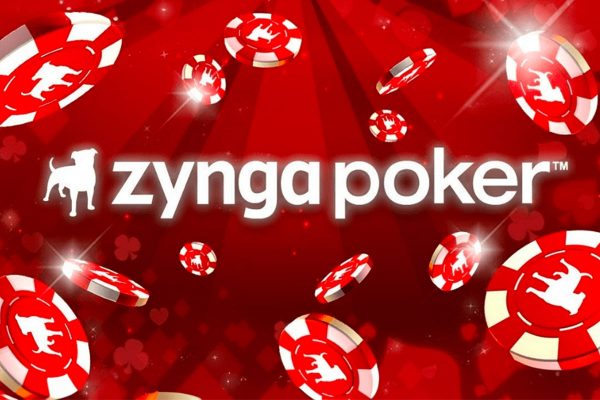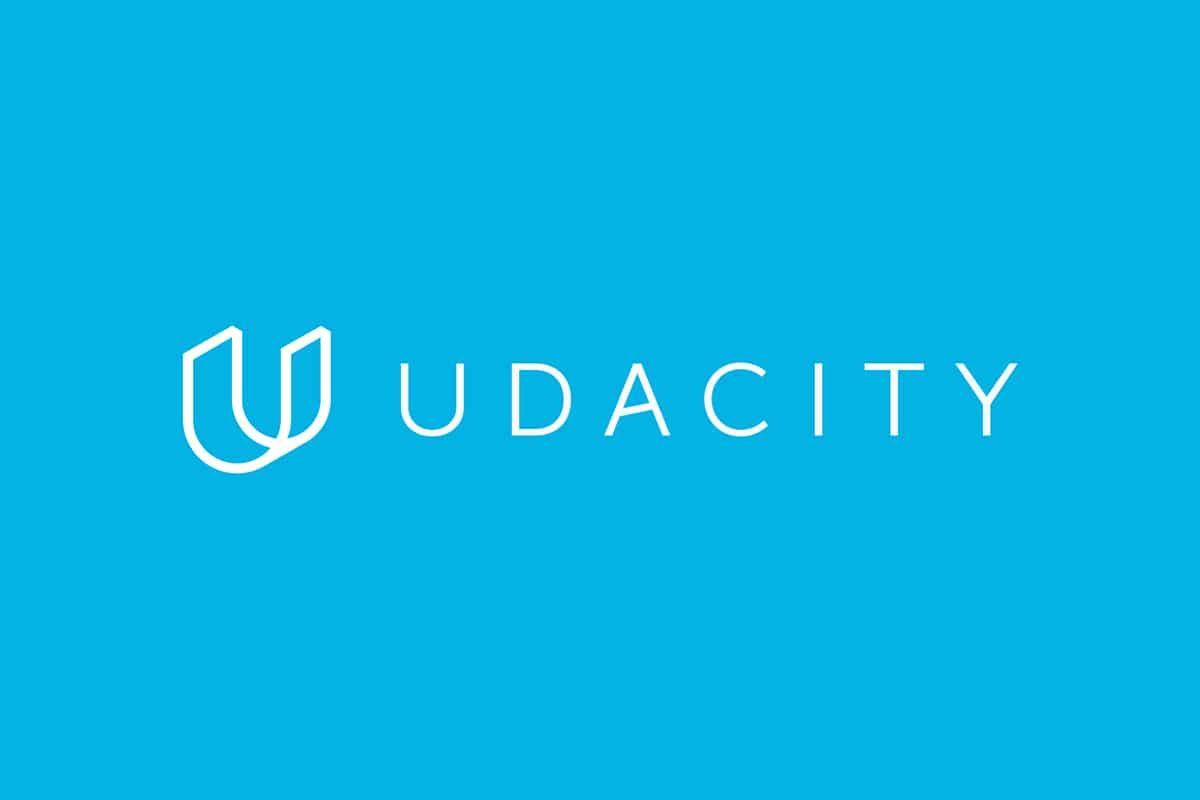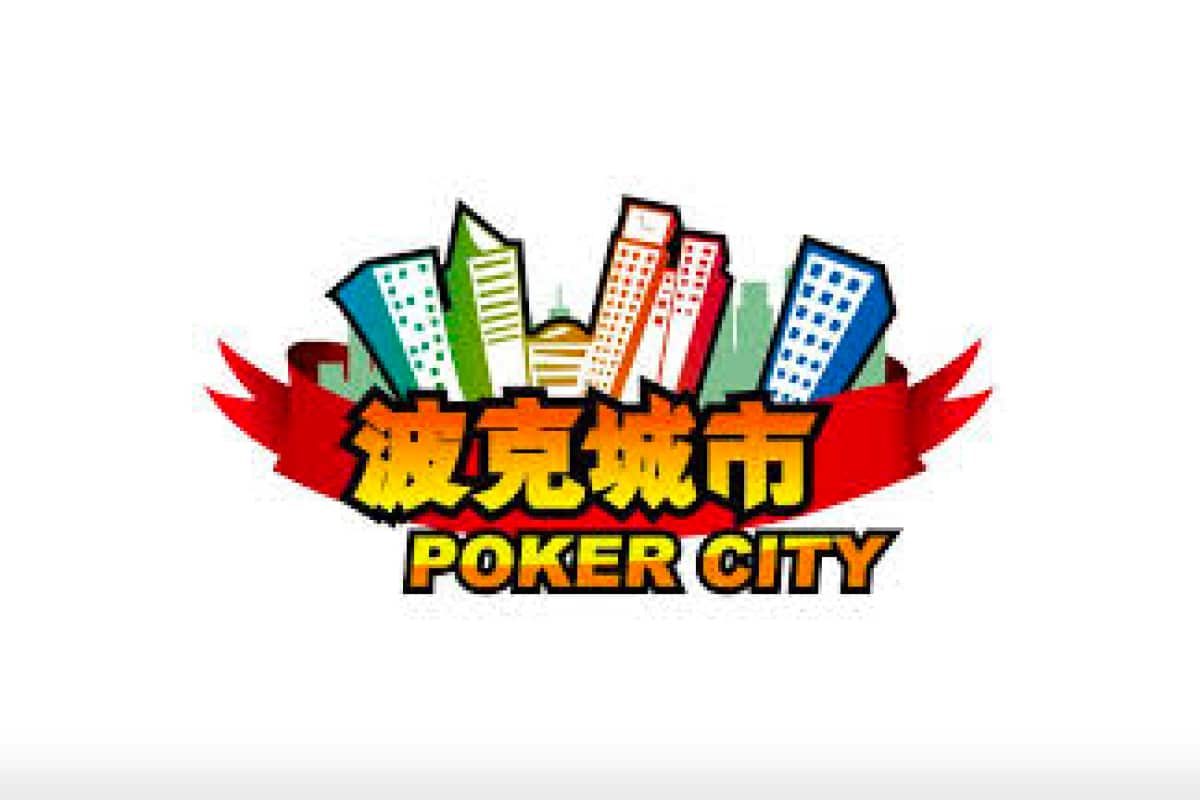About
Zynga Poker was a social casino game made by Zynga, a social games maker that went IPO in 2011 at a $10BN dollar valuation. In 2008, Zynga was a series B company with ninety people recently having raised from Kleiner Perkins and Zynga Poker was stuck at $10M ARR and 700k DAU with a DAU/MAU rate of 15% with a rapidly growing Facebook platform as well as various competitors rushing into the ecosystem. The CEO of Zynga had set some big goals for the team to drive engagement, revenue and growth.
Sim was the Senior Director of Product of Zynga Poker and led the team’s product initiatives for fourteen months. While this case is from many years ago, the lessons in data & user focused product management are timeless. This case study is a summary of some of the highlight lessons and we’ll expand upon these lessons in other articles for the benefit of all.
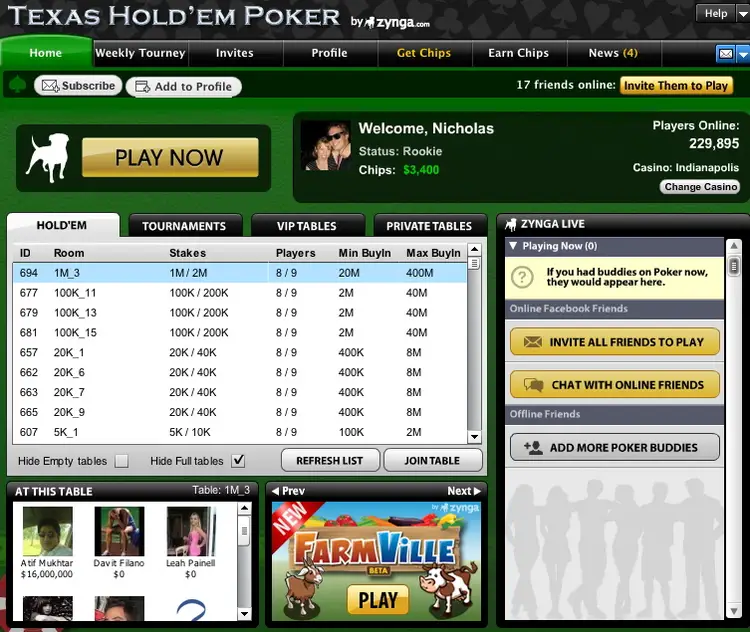
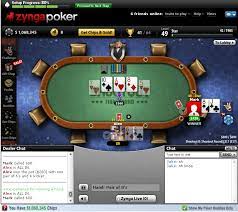
The challenge
The game itself was Poker – a well known game – yet we were targeting a mass market audience on the nascent Facebook platform. The power of Facebook was in allowing people to engage socially so how could we bring more social engagement to the game without messing with the core fun of Poker?
By building on the Facebook platform we were also targeting a different audience unlike traditional online Poker games which went after more hardcore poker enthusiasts. So how could we bring the joy of poker to a more mass market audience who is interested in casual fun vs a more hardcore experience?
How could we drive rapid growth & adoption of the game through product-led and other forms of growth by leveraging the full resources of Zynga?
These were some of the key challenges we were up against that Sim helped by defining a strong product strategy and leading execution across a variety of product innovations.
The work
Channel focused design: gifting chips
One of the key insights we had as a product & design team was that instead of just thinking about the users, we also needed to think about the Channel. This is a key lesson that is timeless. In this particular case the channel was Notifications & Requests on the facebook platform which had an extremely high conversion rate (20-50%).
We did this by theorizing that users would want to gift chips to other players and their friends. At the time this was controversial because in Poker the game is fundamentally about acquiring as many chips as possible. So why would people want to gift chips to their friends which runs counter to the ethos of Poker? However, as a product team we argued that the user persona we were going after was different. The social casual poker player is playing poker to bond with others not to be ultra competitive so gifting was a natural fit as a way to engage.
We ended up launching some early tests that were low engineering cost – originally just a simple notification that gave gifts of chips with a lightweight UI – and this showed strong engagement from our players. We then doubled down after we had validated this leading to huge jumps in engagement overall.
Design for your target audience: shoot-outs vs multi-table tournaments
Another lesson we learned that is timeless is the need to design for a given target audience and not just blindly follow what competitors have built in the market. A key feature that exists in all real money games is multi-table tournaments which is a format of Poker that takes three hours to complete & is often associated with major prize money. Internally, many leaders at Zynga felt that we needed to go after the multi-table tournament use case by building our own version of that experience.
However, the Zynga Poker product team had some concerns. The social casual poker player using a desktop computer is unlikely to want to engage in a three hour format. There was also the challenge of being disconnected from the internet which would lead to a poor user experience. So we challenged our game design team to craft an alternative concept. Unknown to our team, we realized there was a format of Poker known as Shootouts which involved rounds of poker instead of the big long format of Multi-table tournaments. This was the perfect format for a social casual poker game.
So our team aligned with leadership on launching Shootouts in an asynchronous round based format that allowed us to introduce mechanics that we had proven to work in social games. In launching this we drove major engagement.
Partnership driven growth along with product-led growth: prizing in poker
By leveraging the Facebook platform, Zynga and Zynga Poker were early pioneers in the use of product-led growth to drive adoption. Many of these practices have gone on to find a home in B2C and B2B apps.
However, there are other forms of growth that product teams often need to consider. And in Zynga Poker’s case, one of the forms of growth we tapped into was partnership-led growth. We partnered with the World Series of Poker to offer real money prizes to our players. We need to be careful to design the experience to comply with all federal & state regulations, though we ended up sending various people to Las Vegas to compete.
When considering how to grow an app, being open to multiple avenues of growth along with product-led growth can be powerful in driving adoption and engagement.
Simplifying the user experience to drive engagement: revamping the home page & poker table
This lesson of creating a simple user experience for the home page as well as the lobby and poker table of the game is timeless. Many teams end up crafting a cluttered experience due to finding early signs of product-market fit and then due to rapid expansion both in terms of people & usage struggle to retain a unified, simple experience. Many popular apps even by major players like Apple and Google and Meta struggle with this. To achieve high levels of simplicity at scale is a major challenge for all software players.
In Zynga Poker’s case, we ended up performing an overhaul of the home page to make the placement of advertising in less of an interfering place with the lobby. We also redesigned the home page & table experience to make it more discoverable for users to access the core features of the product as well as leverage the social gifting mechanics we had discovered our social casual poker players love.
Conclusion
While the impact on Zynga Poker was over a decade ago, the lessons in growth focused product management remain timeless and have been used in various large scale consumer products both in the B2B and B2C space. Sim, as the senior director of product management, has learned these lessons intimately and applied them throughout his career. This same type of product innovation thinking is brought to all clients as part of BoldBetLab.
Key Impact
Revenue up from $10M ARR to $100M ARR and engagement going from 700k DAU to 7M DAU with a 15% DAU/MAU rate jumping to 30% DAU/MAU
“
Sim’s work on Zynga Poker added strong enterprise value to Zynga overall and helped establish Zynga as a major player in the social games space.
The product-led growth thinking applied to social games – with gifting as a strong example -inspired other teams at Zynga leading to gifting being a major source of growth for the company.
Bill Mooney
X–VP of Product at Zynga


